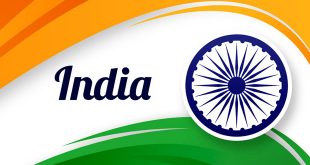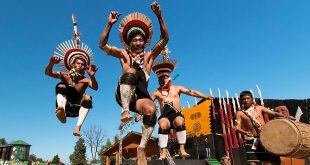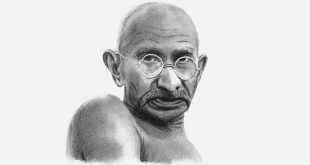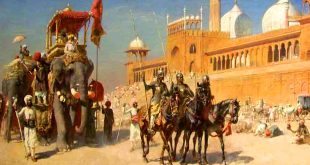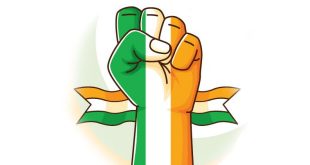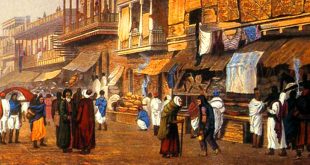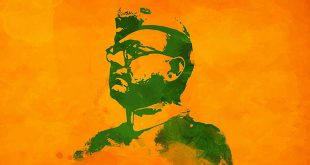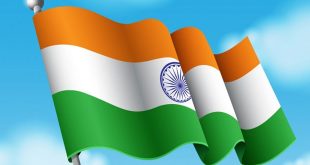Question: What do you know about early life of Gandhiji? Answer: The national movement entered a new phase after the arrival of Gandhiji on 2 October 1869 at Porbandar (Gujarat), he received his early education in India. Later, he went to South Africa to practice law. During his stay these he …
Read More »Search Results for: British India
NCERT 8th Class (CBSE) Social Science: Tribal Communities
Question: Mention different types of activities of the tribal people. Answer: Some practiced Jhum cultivation Some were hunter-gatherers Some herded animals Some took to settled cultivation Question: Why did the British want tribal groups to settle down and become peasant cultivators? Answer: It was because settled peasants were easier to …
Read More »NCERT 6th Class (CBSE) Social Science: Understanding Diversity
Question: Give an example of diversity in India. Answer: The people of India, living in different parts, speak different languages. Question: Give an example of unity in diversity among Indians. Answer: All Indians share the same national pride of having India as their motherland. Question: Why did Samir Do, the paper …
Read More »Gandhi Jayanti Speech For Students And Children
Gandhi Jayanti Speech We have provided below variety of speech on Gandhi Jayanti for the students under various words limit according to their class standard. All the Gandhi Jayanti speech are written using very easy words and small sentences for the students. Dear students, you can select any of the …
Read More »NCERT 7th Class (CBSE) Social Science: Political Changes in 18th Century
Question: Who was Nadir Shah? What was the result of his attack on Delhi? or Describe the impact of Nadir Shah’s invasion upon Delhi. Answer: Nadir Shah, the ruler of Iran, sacked and plundered the city of Delhi in 1739 CE and took away immense amounts of wealth. As a …
Read More »NCERT 7th Class (CBSE) Social Science: Media and Democracy
Question: Name any four forms of media. Answer: Newspapers, television, magazines and Internet. Question: Give examples for the means of communication in the ancient world. Answer: The means of communication in the ancient world were: People used drums to communicate over long distances, or runners carried the information. Later, there …
Read More »NCERT 7th Class (CBSE) Social Science: The Medieval World
Question: Write a short note on the term “Sapta Sindhu”. Answer: During Vedic age, India was called “Sapta Sindhu” or the “Land of seven rivers”. These rivers were the Indus, Jhelum, Chenab, Ravi, Sutlej and the mythical Saraswati. Sindhu was the Sanskrit name for the Indus. The earliest reference to …
Read More »English essay on Subhas Chandra Bose for Children, Students
Subhas Chandra Bose was one of the greatest freedom fighters of India. He was born on January 23, 1897 in Cuttack. His father Jankinath Bose was a lawyer. Subhas Chandra Bose was deeply Influenced by his mother, Smt. Prabhawti. Bosh was an intelligent student and passed his intermediate examination in …
Read More »NCERT 5th Class (CBSE) Social Science: Our Rights and Duties
Question: Why do we celebrate Republic Day? Answer: We celebrate Republic Day every year on 26th January to celebrate the adoption of our constitution. Question: What are the Fundamental Rights? Name them. Answer: The Right citizens are called Fundamental Rights. They are: Right to Equality Right to Freedom Right against Exploitation Right …
Read More »English essay on Our National Flag for Children and Students
Every country has a national flag of its own. It is the symbol of the freedom and identity of that country. India has a tricoloured national flag too. We feel very proud when we see it flying on top of a building of flag post. Our flag has a long …
Read More » Class Notes NCERT Solutions for CBSE Students
Class Notes NCERT Solutions for CBSE Students
